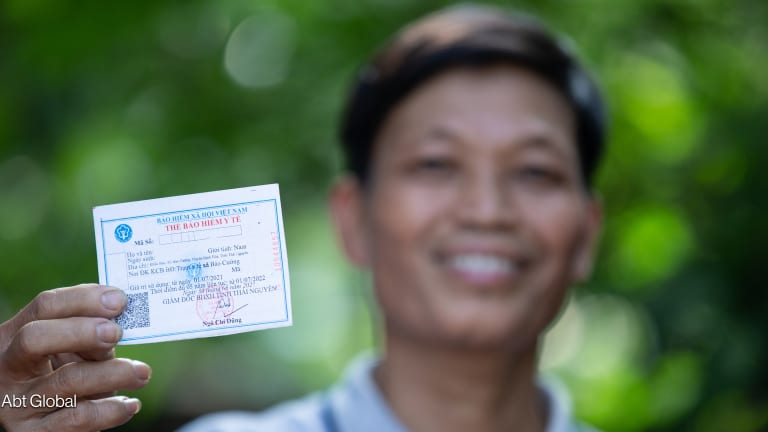Out of 814 health facilities in the Central African Republic, 254 are not functioning, with many of them partially destroyed, looted and abandoned amid conflict in the country.
Among the worst hit are regions 3 and 5, which covers the area in Bossangua in the north-west, and Bria in the east. Most child-related services in both regions, such as immunization and services to address child malnutrition, are lacking or nonexistent. Services for victims of sexual violence like clinical management and provision of psychosocial services are not available. And in region 3, almost all services related to HIV and AIDS and other sexually transmitted diseases are limited or not available.
The unavailability of services is linked to a number of factors: lack of sufficiently trained staff, equipment or funding, according to the nationwide assessment made last year by the World Health Organization and its partner nongovernmental organizations.








